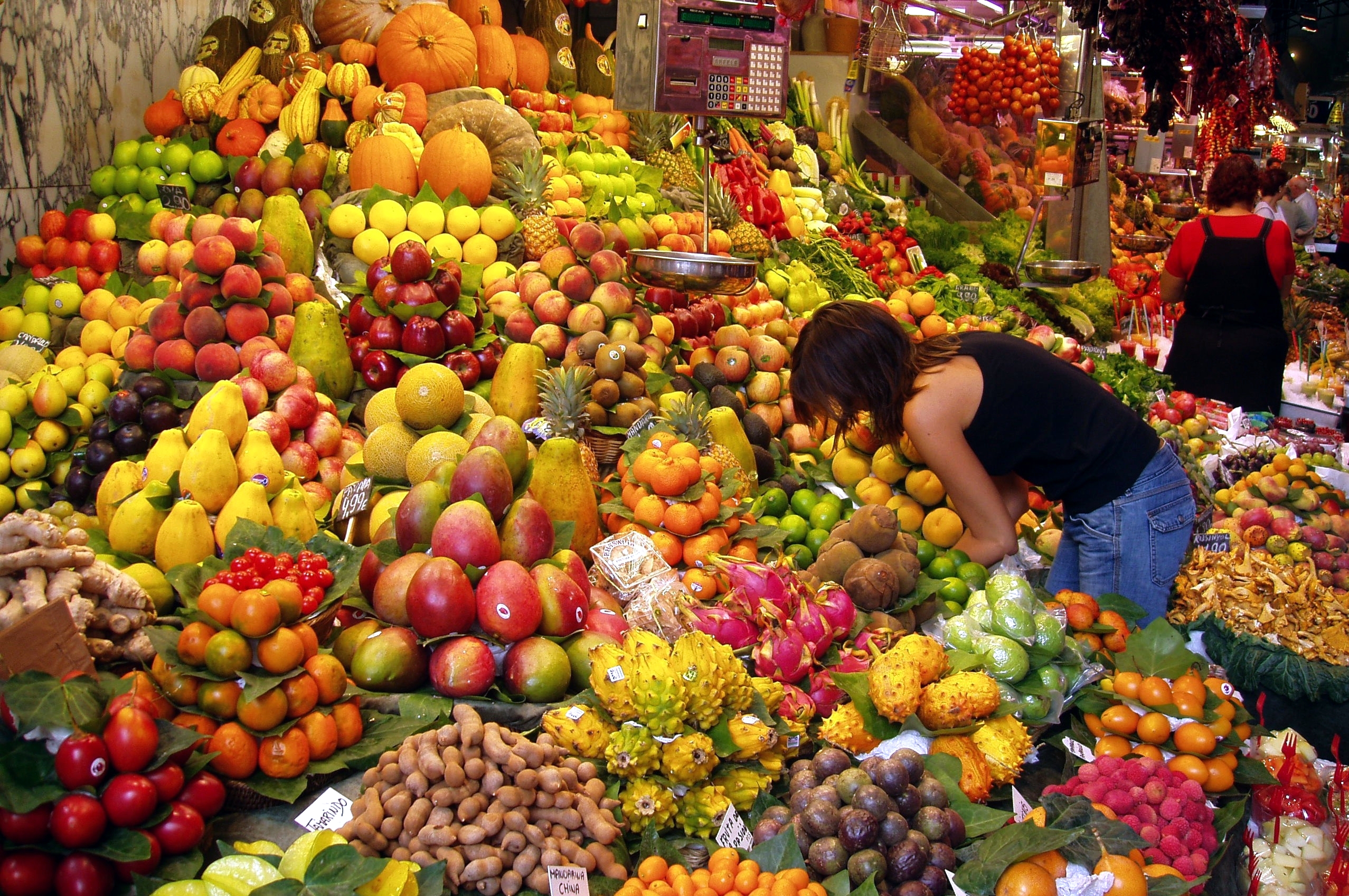
Guest blogged by Vanessa Bathfield, Personal Chef
There was always a reason why your mother made you eat broccoli and carrots as a child. Mother always said it was good for you, even though you may have cringed and she may not have specifically known why. Today researchers and scientist are proving her right.
These are some of the now classed “super foods” that aren’t just healthy ingredients; these contain cancer fighting ingredients called phytochemicals.
Phytochemicals are chemicals in plants and vegetables that have disease preventive properties for humans. What nature has developed for plants to protect themselves from viruses and diseases, can help us homosapiens to fight the same things.
Here’s the list of top ten super foods from the The Cancer Lifeline cookbook
1. Broccoli, cabbage, cauliflower and vegetables from the cruciferous family.
These contain indoles which increase liver enzyme activities to detoxify carcinogens from the body. Researchers have found that people who eat more of these types of vegetables reduce their risk of lung, stomach, colon, rectum and prostate cancers.
2. Beans and legumes including soy
Legumes are not only high in protein and an outstanding source of fiber but they are rich in saponines and cancer suppressors such as phytic acid. Saponins help by keeping normal cells from turning into cancer cells and prevent cancer cells from growing.
Soy contains isoflavones which is a class of phytoestrogens. These substances regulate hormone function in women. These have estrogen like effects and thus for breast cancer patients or breast cancer survivors it is best to consult your doctor regarding whether a diet containing soy is right for you. To read more about the soy controversy follow the isoflavone link above. ie... Soy can interact with Tamoxifen, a drug commonly used for prevention of breast cancer.
3. Berries and cherries
The dark blue, red and purple colors in berries are produced by anthocyanins a powerful antioxidant which protect cells from being damaged.
4. Onions, garlic, chives and vegetables from the Allium family
These are high in antioxidants called allyl sulfides that are a compound that acts as a cancer blocking or suppressing agent.
5. Carotenoid vegetables which are the deep orange, yellow, red and green vegetables such as (red peppers, carrots, yams, and spinach)
Carotenoids may protect against rapid cell production which possibly increases the risk of cancer. Again, these are high in antioxidants and studies have reported a relationship between low risk for cancer and high consumption of foods which contain antioxidants.
6. Fish
High in protein and rich is omega 3 fatty acids. Fish protects against cancer because it restricts the production of tumor promoters such as prostaglandins.
7. Tomatoes
High in lycopene a phytochemical that has several effects. As an antioxidant it stops free radicals from harming the DNA in cell membranes and it also restores communication between cells found in tumors and can signal their growth to halt.
8. Mushrooms particularly shiitake and maitake
Contain polysaccharides which stimulate the immune system and protect against cancer by allowing the immune system to destroy cancer cells.
9. Nuts and seeds, including flaxseed
An excellent source of protein and in nut butter formats are easy foods to digest particularly when undergoing cancer treatments. Some research has suggested that nuts help decrease prostate cancer. A caution to patients with estrogen-receptor positive cancers, flaxseeds should be eaten in moderation.
10. Green tea
Polyphenols found in green teas are known to inhibit compounds involved in tumor survival and metastasis. These may interact with medications that you may be taking so please consult with your medical practitioner.
Make it organic
Organic produce is grown without using harmful chemicals and toxins; this not only makes them taste better but is much healthier for the body.
Mix it with a heavy protein diet
It is recommended when working with patients undergoing cancer treatments that they have a high protein diet. Proteins are our natural building blocks. It seems logical then that when the body is undergoing intense stress and the need to repair itself and protect itself from infections, that more building blocks would be required than normal.
It is also optimal to try to get this protein from non-animal sources such as fish, legumes, grains and vegetable proteins. It is recommended that animal sources of protein be a secondary choice but if you must choose this then work with skinless chicken or turkey, eggs and low-fat cheeses. Avoid the processed meat products and red meats.
Adding additional sources of protein such as whey protein powder in almost everything you consume; can help gain the protein needed without having to eat heavy meals throughout the day.
Whilst all of this information is critical for cancer patients to help them be the strongest they can during a difficult time, we should all to heed to these dietary suggestions and benefits. If we didn’t believe our mothers before, we should believe the experts now!
As a personal chef I work with my clients to ensure that each menu plan not only meets their personal dietary preferences, but contain ingredients for optimal health!
Vanessa Bathfield, Personal Chef
www.mothershelpinghand.com
